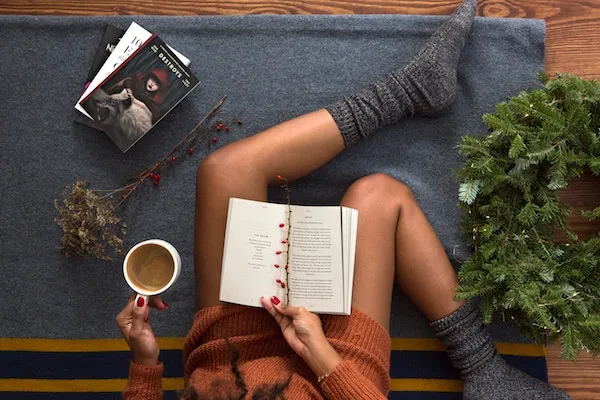
Poetry Is More Popular Than Ever, New NEA Research Shows
If you’ve been in the poetry world at all recently, you know that we’ve been seeing a renaissance of sorts when it comes to poetry. Poetry is exciting right now, ya’ll. Even though readers have likely felt these tidal shifts, new poetry research from the National Endowment For The Arts has actual numbers that show what we felt is true: poetry reading is up, across the board.
New Poetry Research Finds Dramatic Increases In Readership
As the NEA reports:“Nearly 12 percent (11.7 percent) of adults read poetry in the last year, according to new data from the National Endowment for the Arts’ 2017 Survey of Public Participation in the Arts (SPPA). That’s 28 million adults. As a share of the total U.S. adult population, this poetry readership is the highest on record over a 15-year period of conducting the SPPA, a research partnership with the U.S. Census Bureau.”
Even more exciting, these rates are especially improving among some demographic sub-groups.- For 18-24 year olds, poetry reading has doubled (at 17.5% in 2017, up from 8.2% in 2012)
- Adults 25-34 years old are reading at rates of 12.3% in 2017, versus 6.7% in 2012
- Notable gains were seen in women readers (up to 14.5% from 8.0% in 2012), African Americans (15.3% from 6.9% in 2012), Asian Americans (12.6%, up from 4.8%), and other non-white, non-Hispanic groups (13.5%, up from 4.7%)
The Academy of American Poets (the group behind the fantastic Poem-a-Day program) attributes these changes to a few key elements. Summaries from their excellent piece on this new poetry research include:

- In challenging times, people turn to poetry to find insight and comfort
- Poetry, one of our oldest art forms, is perfectly suited to our social media–driven, mobile culture
- In addition to social media becoming an important way that readers share poems, social media platforms have enabled poets themselves to champion the art form
- We’ve benefited from highly visible poets in mainstream culture, such as Presidential Inaugural Poets, groundbreaking U.S. Poet Laureates, and national/international poetry best-sellers
- New leaders took the helm at several U. S.-based poetry organizations and began working together for the first time to amplify the importance of poetry resulting in the 2016 launch of the Poetry Coalition





